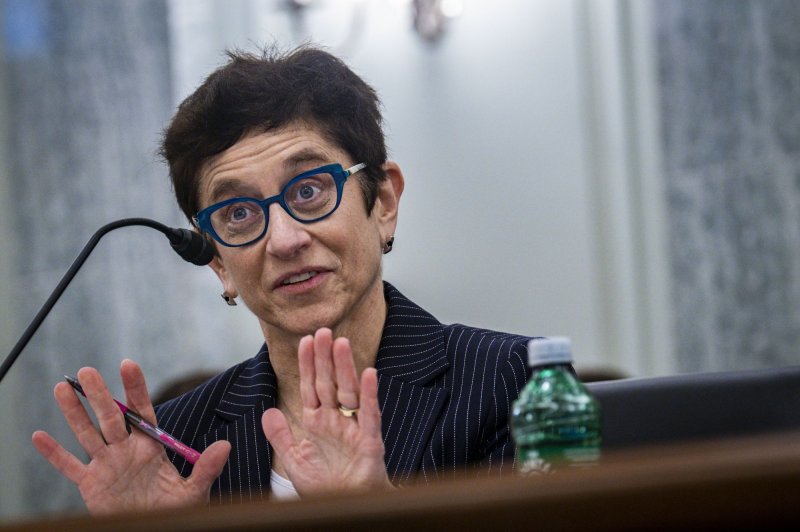Feb. 9 (UPI) -- The New York Working Families Party has endorsed Democrat Jumaane Williams for governor in a race against incumbent Kathy Hochul.
"We're thrilled to announce our endorsement of Jumaane Williams for governor," the left-leaning political party said Tuesday in a statement. "Jumaane has been a champion for working New Yorkers since day one. We can count on him to fight for affordable housing, healthcare for all and excellent schools."
Williams, a progressive candidate and New York City's public advocate, announced in mid-November that he was putting his name on the gubernatorial ballot that includes Hochul and Rep. Thomas Suozzi.
In his own statement published to Twitter on Tuesday, Williams said NYWFP has been by his side throughout his career of "taking on the powerful to create change."
"We've fought & won many battles before, & I'm honored to have their support as we work to bring transformational change to NY," he said.
Williams adds the endorsement to a slew of others including several New York City councilmembers, Central Brooklyn Independent Democrats, Coalition for a District Alternative and Nina Turner, a former Ohio state senator and candidate for Congress.
The New York gubernatorial race is being held in the wake of former Gov. Andrew Cuomo's resignation from the position in August over allegations of sexual harassment.
As lieutenant governor, Hochul became governor until the end of the term.
Williams has faced Hochul before on the campaign trail, losing to her in the race for the lieutenant governor job by a margin of 53.3% to 46.7%.
Last month, the Retail, Wholesale and Department Store Union endorsed Hochul for governor, as did several firefighters unions.
The incumbent has raised a war chest of $21.6 million for the race, according to campaign paperwork filed last month and seen by The New York Times.
New York Attorney General Letitia James announced that she would enter the race in October but ended her bid less than three months later, saying that she would instead seek re-election.











